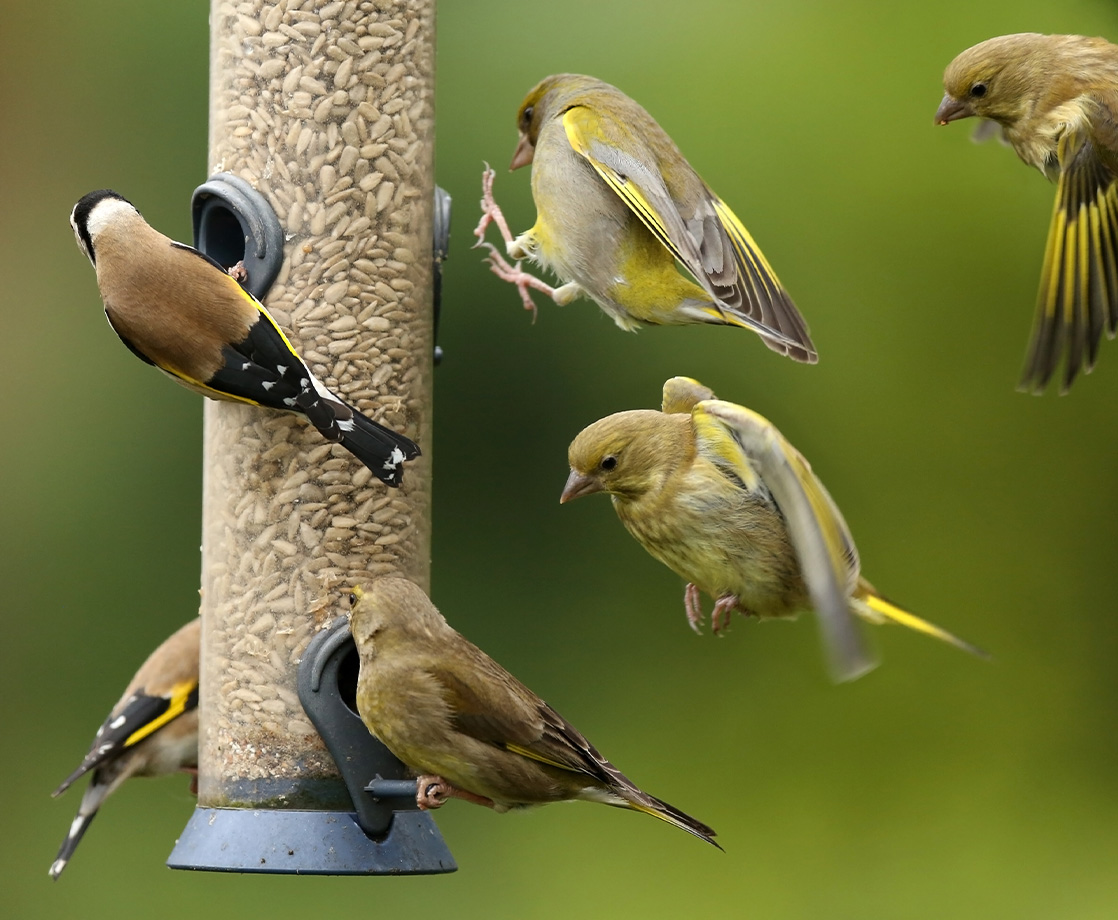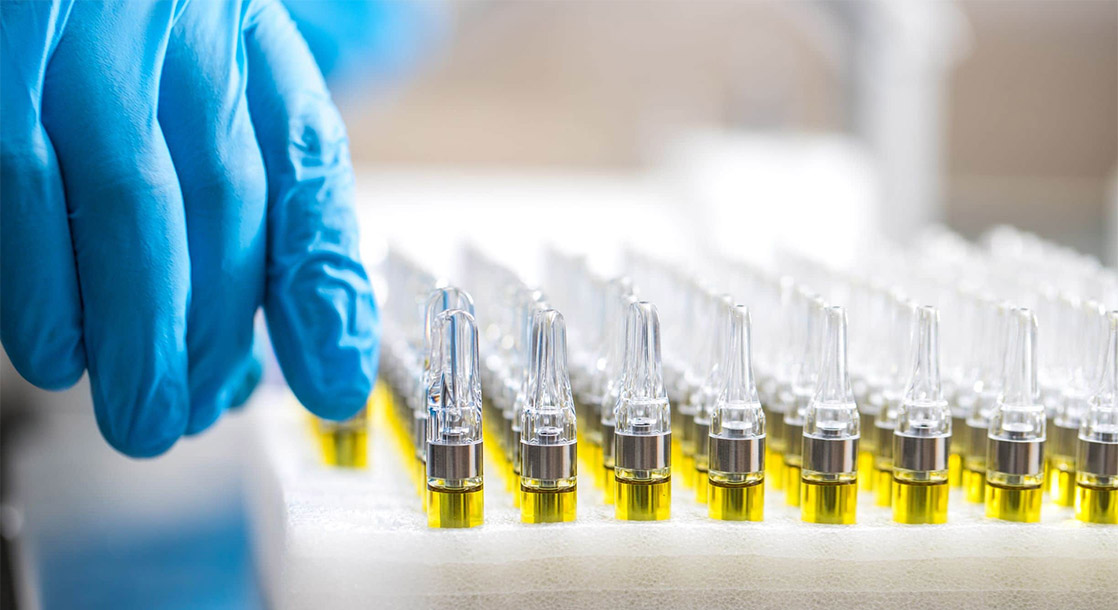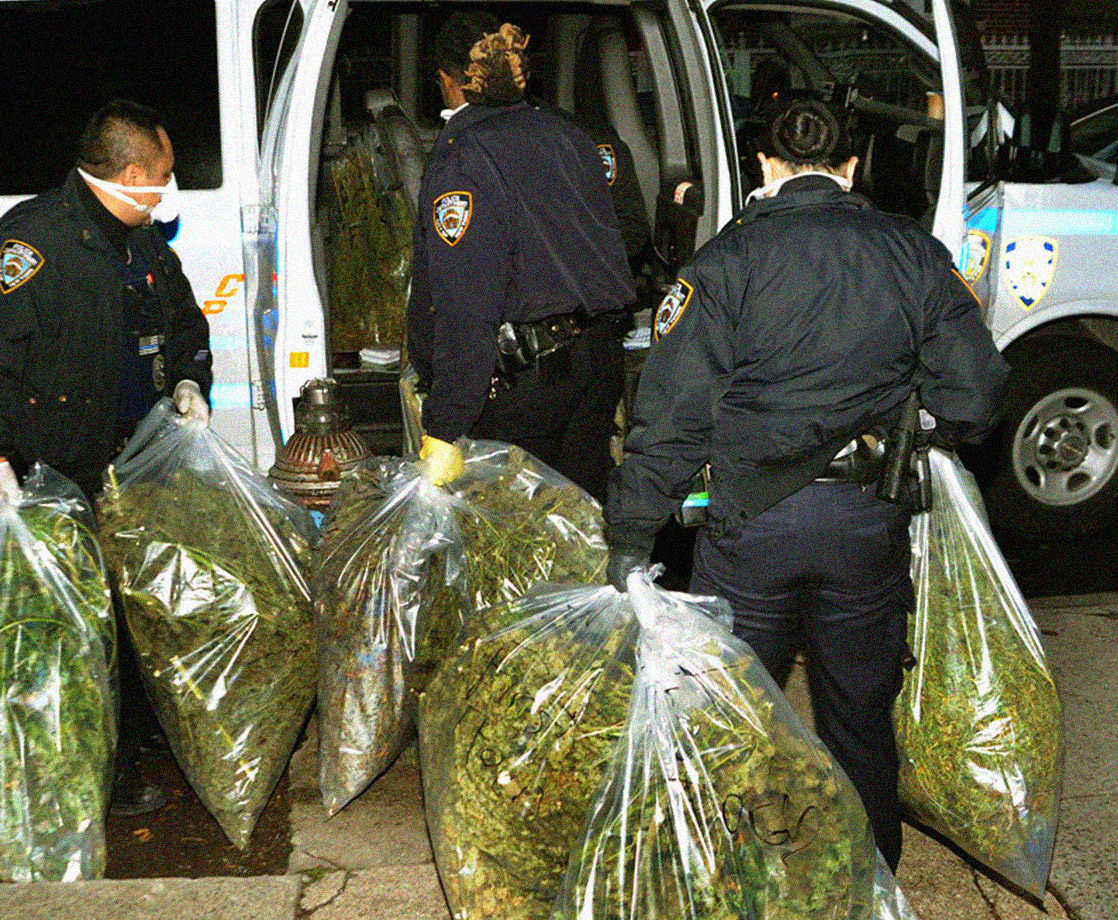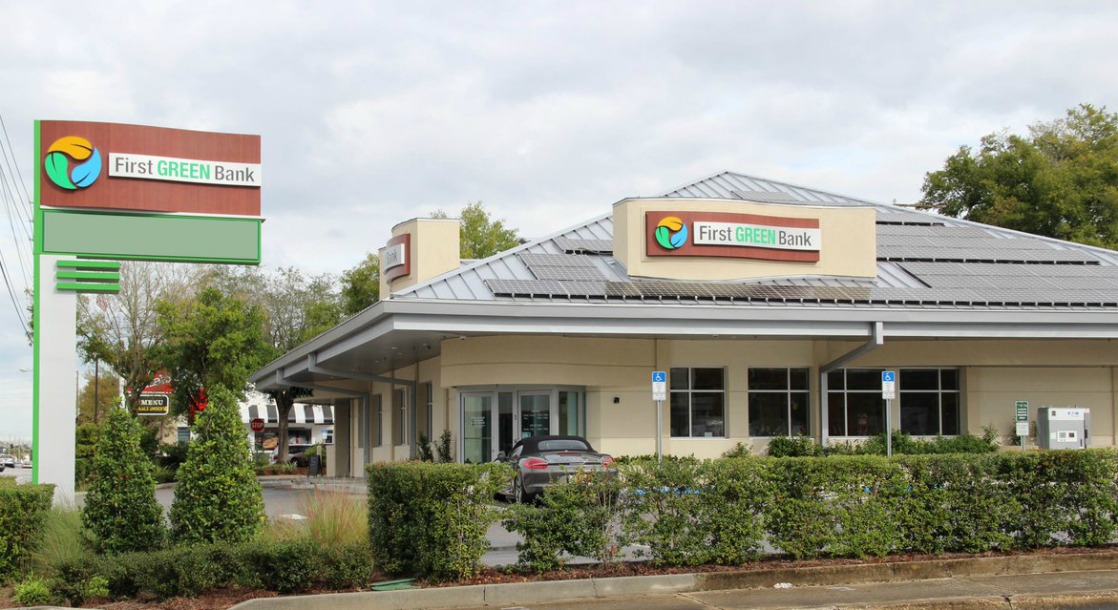Be careful that your store-bought bird seeds don’t end up producing hemp plants, cautioned a column in a UK gardening magazine.
In the September 2019 edition of BBC Gardners’ World Magazine, a reader submitted a photo of an unidentified plant growing in their garden. In response to the reader’s request asking what their mystery plant was, horticulturist Anne Swithinbank, writing for the magazine, recognized that the plant was cannabis, most likely of the non-intoxicating hemp variety. She advised the reader to immediately destroy the plants, in accordance with UK law.
“It is, of course, illegal to grow and probably germinated from bird seed,” Swithinbank wrote. “Although it has obviously thrived in the warm summer, you had better destroy it… It is safe to put on the compost heap, but I would advise against a bonfire.”
In the UK, cannabis is mostly illegal except for treating certain debilitating medical conditions. Farmers there can grow hemp, but they first need to obtain a special license issued by the UK government. However, possessing or selling hemp seeds is totally legal; it’s growing the seeds that’s a crime.
Just how the heck are weed seeds ending up in commercial bird seed? Easy: Many bird seed producers will add nonviable, heat-treated hemp seeds into the mix. But sometimes the heat treatment doesn’t get all of the seeds, and a viable one will slip past now and again.
“Denatured hemp seed is offered for bird food, and viable hemp seed an occasional contaminant and may well have spread via this route,” said Guy Barter, the Royal Horticultural Society’s Chief Horticulturalist, to the Telegraph. “Plants should be destroyed to avoid potential prosecution.”
Gallery — Photos of Animals Admiring the Majesty of Marijuana:
In the US, hemp was outlawed alongside marijuana for decades until the federal government removed the former from drug scheduling late last year. Individual states may now craft their own laws and regulations governing hemp possession, production, and sales.
Although hemp cannot get anyone intoxicated the way marijuana can, some US states have treated hemp with just as many, if not more, restrictions than marijuana. For instance, in Colorado, the first US state to legalize recreational cannabis, regulators require annual licensing for growing hemp, similar to the UK. Yet also in Colorado, there is no licensing required for adults to grow their own marijuana at home, though they’re limited to only growing six plants at a time.
Growing weed in one’s home garden may be a crime in most places, but as cannabis rapidly mainstreams, we may soon see ganja gardening as an everyday occurrence. Cannabis provides a ton of benefits to other companion plants such as lavender, chamomile, and peppermint by attracting or repelling certain pests, or by maintaining soil health. Or, if you spray a bit of sugar water on your cannabis, you could “train” bees to gather pollen from your heady flowers to make naturally weed-infused honey.
Follow Randy Robinson on Twitter











